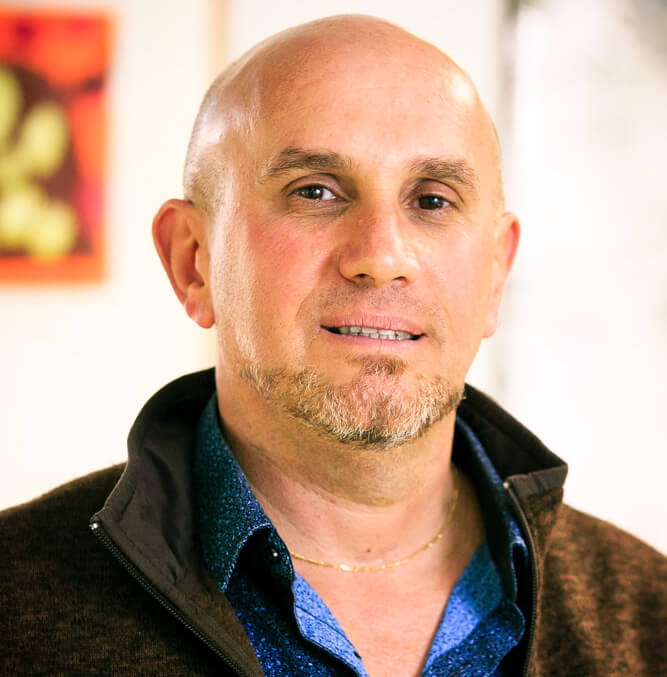AFTER ISRAEL
Towards Cultural Transformation
by Marcelo Svirsky
256 pp. Zed Books, $28.75
In his recent article “My grandfather’s Nakba,” Emad Moussa referred to Marcelo Svirsky’s 2014 book “After Israel: Towards Cultural Transformation“in connection with the “active forgetting” practiced by most Israeli Jews. My curiosity piqued, I read the book and am highly impressed. Although it won a Palestine Book Award, it does not seem to be widely known outside the community of scholars in Settler Colonial Studies. It has been reviewed neither on Mondoweiss nor on The Electronic Intifada. Hence my belated review.

The author, a former Israeli high school teacher who now lectures at the University of Wollongong in Australia, views Zionism not as a political ideology and movement in the narrow sense but as a system of practices or way of life that permeates all spheres of Jewish-Israeli culture and society. It can therefore be overcome only by means of a deep cultural transformation that will equip Israeli Jews to live and work together with Palestinians in a shared homeland, “after Israel.”
Professor Svirsky has no truck with the delusion of ‘post-Zionism.’ Zionism remains firmly entrenched as the dominant paradigm of Jewish-Israeli life. At the same time, he sees promising signs of the beginnings of resistance to Zionism among Israeli Jews. Like Zionism itself, such resistance need not be openly political in nature. For example, some Mizrahi youngsters evade the draft in order to earn money to help their families, but their ‘non-political’ motive does not deprive their draft evasion of meaning or value.
The author starts with a theoretical introduction. Then he applies his approach in successive chapters to four facets of Israeli life represented by the figures of the hiker, the teacher, the parent, and the voter. In the process we learn a great deal about the education that Israeli Jews receive in school, in the family, and in Zionist youth movements and how closely it is geared to Zionist indoctrination and to preparation for military service.
The conceptual structure that Professor Svirsky erects in his introduction is a complicated one. Is it perhaps unnecessarily complicated? He is aware that it may put off non-academic readers, whom he invites to skip the introduction or read it last. If, however, it can be read last, why not change the title to ‘Theoretical implications’ and place it last, where it is less likely to put people off?
Of special interest to me was the chapter on hiking. No other author of whom I am aware provides a detailed account of the Zionist hiking expedition and analysis of the role it continues to play in ‘conquering’ the land. (Meron Benvenisti has a few pages of nostalgic reminiscences about hiking expeditions in his memoir.) [1]
I feel a personal connection with this topic, though for me it was part of an anti-Zionist education. When I was about ten my parents visited Israel for the first time, leaving my sister and me with an aunt. Upon their return I asked my mother for her impressions and was astonished at her reply: “This is our [i.e., Jewish] fascism.” She then talked about the presence everywhere of armed soldiers – another focus of Svirsky’s reflections – and the exhausted young hikers she had watched marching along the road in the heat. A few years later I myself went hiking in Israel, on my own, and chanced upon the ruins of a deserted village that suddenly revealed to me the dirty secret of the ‘Jewish’ state.
Notes
[1] Sons of the Cypresses: Memories, Reflections and Regrets from a Political Life (University of California Press, 2007).
Mondoweiss is a nonprofit news website dedicated to covering the full picture of the struggle for justice in Palestine. Funded almost entirely by our readers, our truth-telling journalism is an essential counterweight to the propaganda that passes for news in mainstream and legacy media.
Our news and analysis is available to everyone – which is why we need your support. Please contribute so that we can continue to raise the voices of those who advocate for the rights of Palestinians to live in dignity and peace.
Support Mondoweiss from as little as $1. Thank you.
 RSS Feed
RSS Feed















 August 14th, 2021
August 14th, 2021  Awake Goy
Awake Goy  Posted in
Posted in  Tags:
Tags: 













